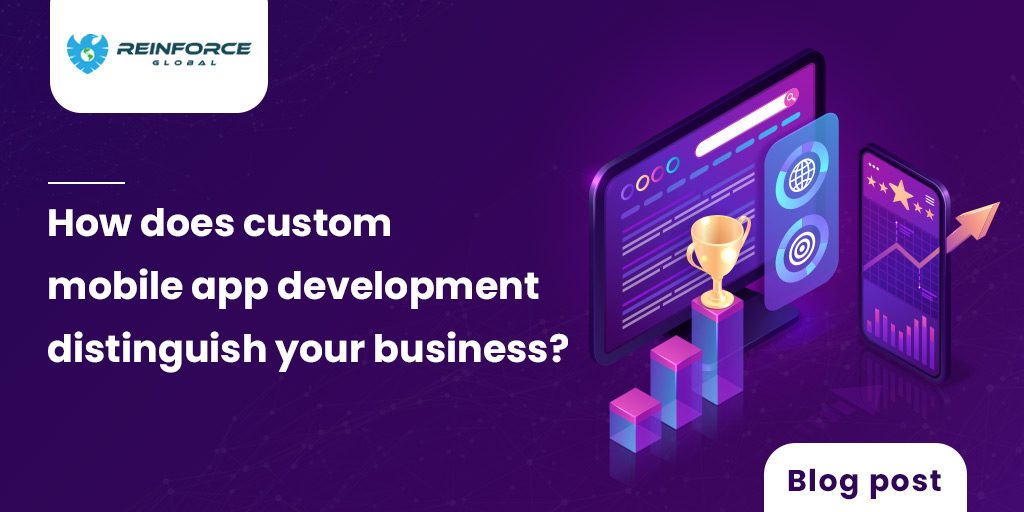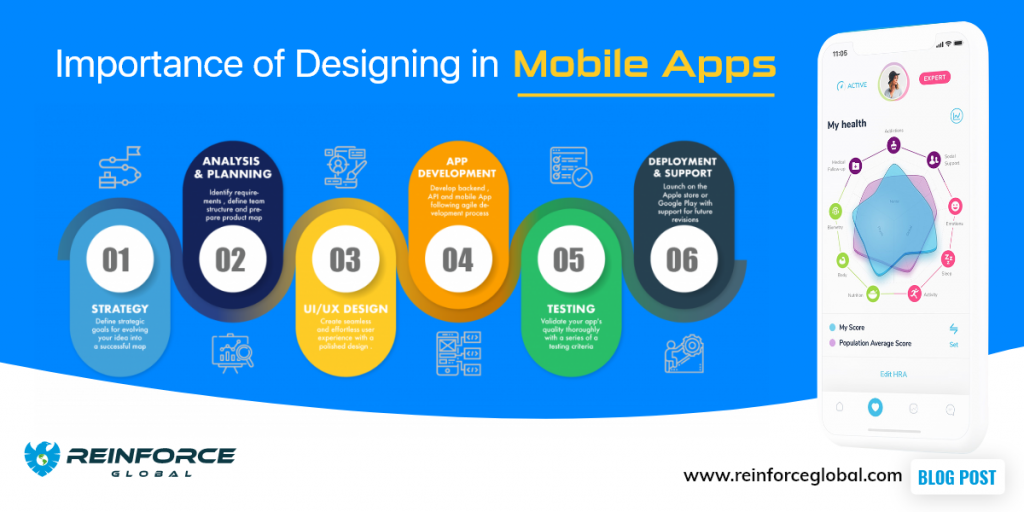In a world increasingly focusing on mobile apps, Google’s Flutter has become a beacon for developers across the globe. As of January 2023, over 700,000 apps on the Google Play store are made using Flutter. This indicates that one of every five new applications is made using Flutter. Its popularity is justified by its incredible capabilities in navigating and routing tasks, data management, and connecting with backend services.
Introduced by Google, Flutter is an open-source Frontend toolkit complete with everything a developper might need to create incredible mobile applications. From networking and JSON serialization to Firebase and Google APIs, Flutter’s got it all. In 2021, Flutter even outran React Native to become the most popular cross-platform mobile framework with over 42% of developers globally giving it the thumbs up. Moreover, about 91% developers state that Flutter has greatly reduced the time needed to develop their apps. If you’re still wondering whether Flutter is all you need to become an app development Wizard, let’s take a deeper dive and explore all its aspects.
What is Flutter?
Flutter is a comprehensive app SDK that comes complete with widgets and tools that give developers the power to create visually stunning and fast performing applications that can run natively on different platforms with a single codebase. It uses the Dart programming language, which is very similar to JavaScript and has a lower learning curve for mobile application developers.
What are Flutter’s Key Features?
Flutter comes with a rich and unique set of features that make it a powerful tool for building mobile applications. These include:
- User Interface: Flutter provides a rich set of widgets for building complex and highly interactive user interfaces. It supports widgets such as Material Design and Cupertino to create native-like experiences on Android and iOS respectively.
- Navigation and Routing: Flutter provides in-built tools for effective navigation and routing within the application. This helps developers build applications with user-friendly interfaces that work naturally instead of requiring an unnatural learning curve.
- Data and Backend: While being a frontend development kit, Flutter also provides various features for managing the backend of the application with solutions for managing the app state, JSON serialization, and integration with Firebase and other Google APIs.
- Accessibility and Localization: Flutter has built-in support for accessibility features and tools for localizing applications. This allows developers to build applications that function effectively on a local level as well.
- Platform Integration: The USP of Flutter is its ability to natively integrate with platform specific code and use a single codebase for building apps for multiple platforms including Android, iOS, Linux, macOS, Web, and Windows.
- Testing and Debugging: Flutter also provides a rich set of tools for testing and debugging applications including unit tests, widget tests, and integration tests.
- Performance and Optimization: Flutter also provides tools and practices that help developers improve the performance of their application, reduce application size, and reduce resource usage to make it perform better on older devices.
- Deployment: Flutter has detailed documentation on building and deploying applications on different platforms and setting up continuous deployment for future updates if you follow the AGILE process model.
Advantages of Flutter
There are several advantages of using Flutter in mobile application development. These are:
- Cross-Platform Development: One of the primary advantages of Flutter is the ability to develop applications for both Android and iOS simultaneously without having to write multiple codebases.
- Community and Support: As a Google-backed and open-source tool, Flutter comes with the unwavering support of a robust and thriving community. Developers can easily find help and resources whenever they encounter problems and even implement their own features into Flutter.
Limitations of Flutter
Despite its benefits and features, Flutter also comes with a few drawbacks. Some of the common ones encountered by developers include:
- Learning Curve: As Flutter uses Dart which is less popular as a programming language than Java, C#, or Kotlin. As such, developers need to learn a new language to use Flutter, which can quickly become a barrier to entry for some.
- Stability Issues: As an evolving SDK, Flutter occasionally gets updates and features that don’t work out as planned and can cause stability issues and frustrations for developers.
-
- Web Application Development: While Flutter is an excellent tool for mobile applications, its usage for web applications still needs significant refining to improve performance and SEO-friendliness.
Recent Developments in Flutter
Even today, Flutter continues to evolve and come up with new features and improvements. The Flutter team at the Google I/O 2023 conference announced significant updates and signaled their ongoing commitment to developing the framework and its future development.
Conclusion
In conclusion, whether Flutter is the right tool for you or not depends heavily on your specific needs and circumstances. It is an incredibly powerful and versatile tool for mobile app development, but like any technology, it has its limitations. Before using Flutter, developers should take its limitations into account, and decide whether the potential benefits are worth the costs or not. We hope this blog helps you make an informed decision regarding Flutter development. In case you have any queries regarding flutter usage or wish to get your app developed by experienced professionals, don’t hesitate to contact our team at Reinforce Global.









